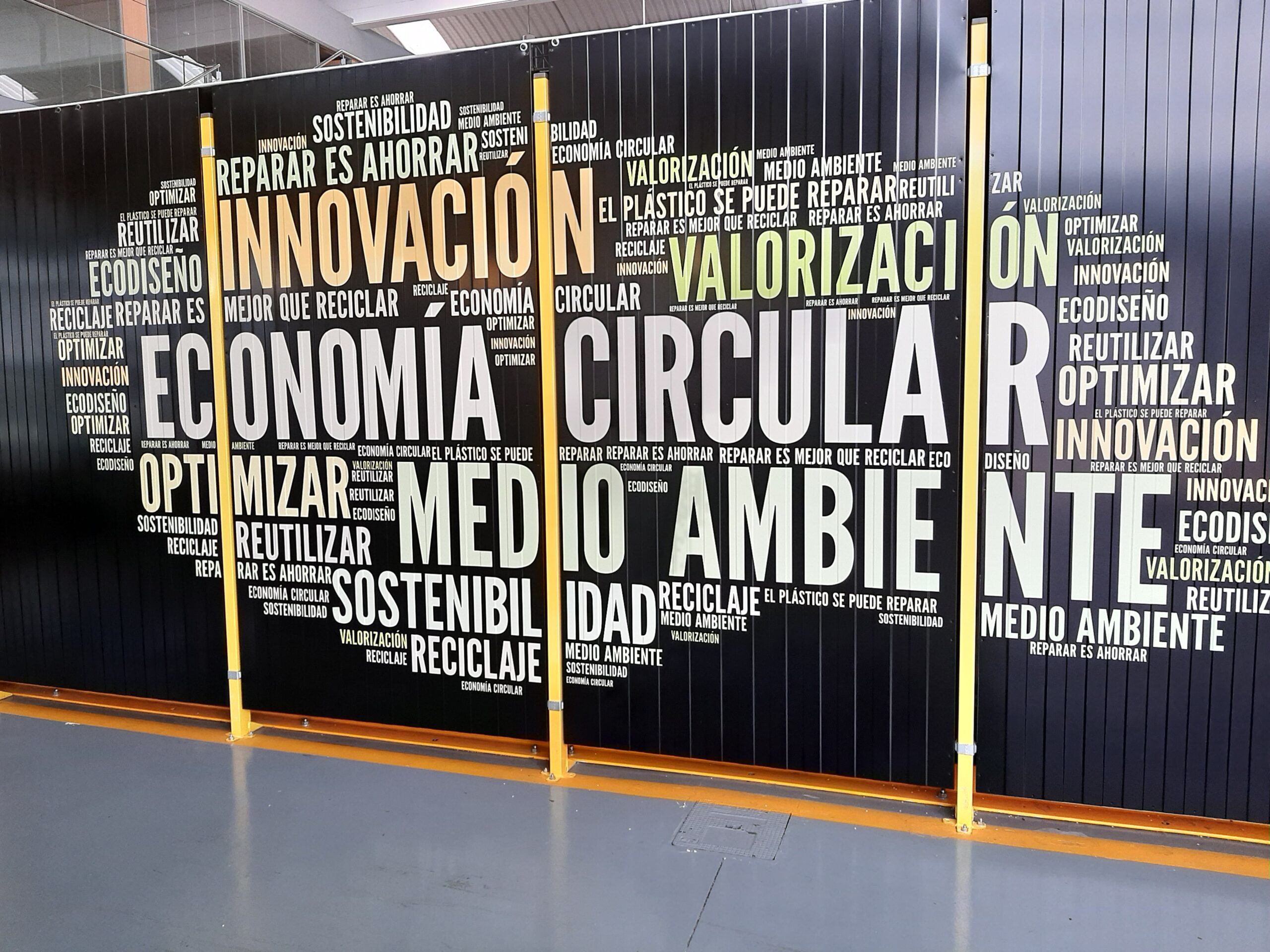PRS recovered more than 3,000Tn of plastic and avoided the emission of 12,000Tn of CO2 in 2022.

PRS has managed to recover 3,129Tn of plastic, which is estimated to have contributed to avoiding the emission of 12,017.89 Tn of CO2 into the atmosphere, 14% more than in 2021.
Navarra, February 2023
Plastic Repair System (PRS), a multinational company specialising in the repair, maintenance and adaptation of returnable transport packaging (RPCs) such as pallets, meat crates, fruit and vegetable crates, honeycomb containers and demountable containers, repaired a total of 3,129.36 tonnes of plastic in 2022. Specifically, adding the results of the centres in Spain and Mexico, PRS has repaired 236,493 returnable plastic containers in the last year.
«Repairing a container saves 311 times more CO2 than the emissions from creating a new product. Our thermo-welding repair service allows us to achieve high efficiency in the recovery of quality plastic elements, extending their useful life and minimising the generation of waste. All this has a great impact on the reduction of greenhouse gas emissions and, consequently, on the Carbon Footprint» explains Toni Astibia, General Manager of Plastic Repair System.
PRS’s Carbon Footprint calculations (greenhouse gas emissions), carried out in accordance with ISO 14067:2018, an international reference standard, state that for every kg of returnable industrial transport packaging or equivalent plastic product repaired, 0.012 kg of CO2 equivalent are emitted. The calculated Carbon Footprint has been verified by DNV.
«One of the objectives of Plastic Repair System is to provide information on GHG (Greenhouse Gas) emissions. Knowing the Carbon Footprint allows our customers to have the necessary data and information to quantify the GHG emissions of the entire life cycle of their products and facilitate decision making,» says PRS CEO Alfredo Neila.
According to the company’s own calculations, throughout 2022, PRS has managed to recover 3,129Tn of plastic, which is estimated to have contributed to avoiding the emission of 12,017.89 Tn of CO2 into the atmosphere. This figure represents an increase of 14% compared to 2021 (with a saving of 10,524.40Tn) and 71% more than in 2020 (7,011.33Tn of CO2).






